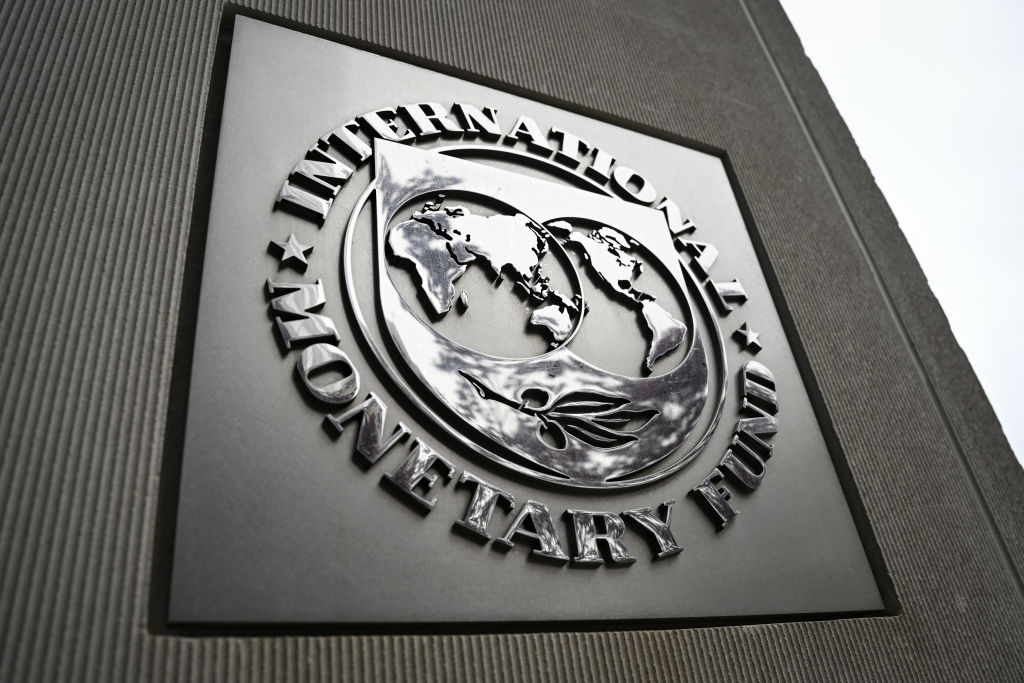The International Monetary Fund (IMF) approved the second review of Sri Lanka’s $2.9 billion bailout, but the global lender warned the economy remains vulnerable despite signs of recovery and urged Colombo to do more to restructure a hefty debt burden.
In a statement on Wednesday, the IMF said it will release about $336 million, taking total funding to around $1 billion, to the crisis-hit country and noted that signs of an economic recovery were emerging.
However, in a note of caution, it said the economy “is still vulnerable and the path to debt sustainability remains knife-edged.”
The IMF called for a swift finalisation of the Memorandum of Understanding (MoU) with the Official Creditor Committee (OCC), which includes key lenders Japan and India, and final agreements with the Export‑Import Bank of China.
Sri Lanka will focus on reaching in-principle agreement with bondholders and is in final stages of such an agreement with the China Development Bank, state finance minister Shehan Semasinghe told reporters.
“I cannot specify the timeline but both parties are very much interested in reaching an agreement. We are very hopeful of reaching consensus with bilateral creditors soon, possibly by the end of this month,” Semasinghe said.
Cash-strapped Sri Lanka plunged into its worst financial crisis in more than seven decades in 2022 with a severe dollar shortage sending inflation soaring to a high of 70%, its currency to record lows and its economy contracting 7.3%.
The IMF bailout secured in March last year helped stabilise economic conditions. The rupee has risen 7% in recent months and inflation slowed to 0.9% in May, though demand remains soft and the debt restructuring talks are keeping markets on edge.
The OCC and Sri Lanka are in advanced talks and vetting the final draft of the Memorandum of Understanding, a government source with direct knowledge of the matter told Reuters.
Approval of the second review “signifies the continued commitment to our economic recovery and growth which is critical in reinforcing economic stability and resilience,” Semasinghe wrote on platform X earlier.
Despite the economic recovery, “important vulnerabilities” associated with ongoing debt restructuring, revenue mobilisation, reserve accumulation, and banks’ ability to support the recovery continue to cloud the outlook, it said.
“Directors underscored that restoring fiscal sustainability requires additional revenue measures underpinning the 2025 budget, further tax administration reforms, as well as limiting tax exemptions and making them more transparent,” the statement added.
The IMF warned of potential domestic risks from “waning reform momentum,” if consistent policies are not adhered to.
Sri Lanka will hold presidential elections before mid-October, and opposition parties have said they may review current government policies on taxation and IMF programme targets if they win.
(Reuters)




















